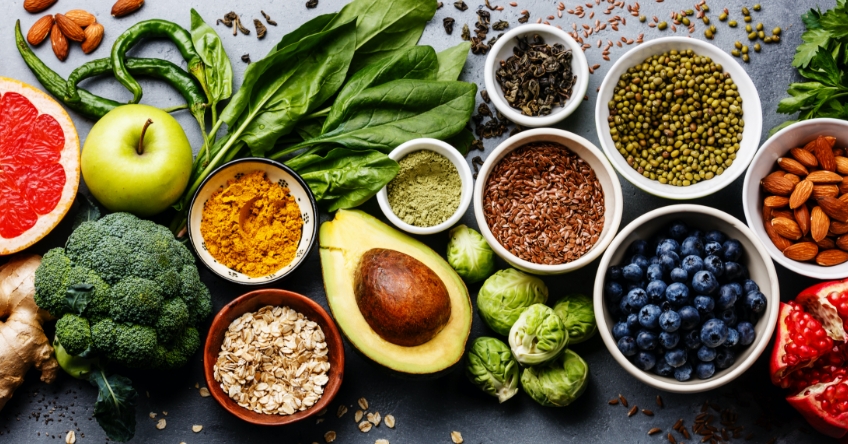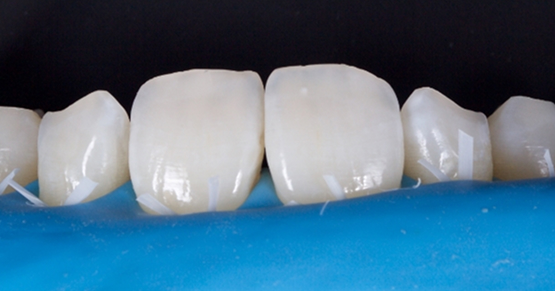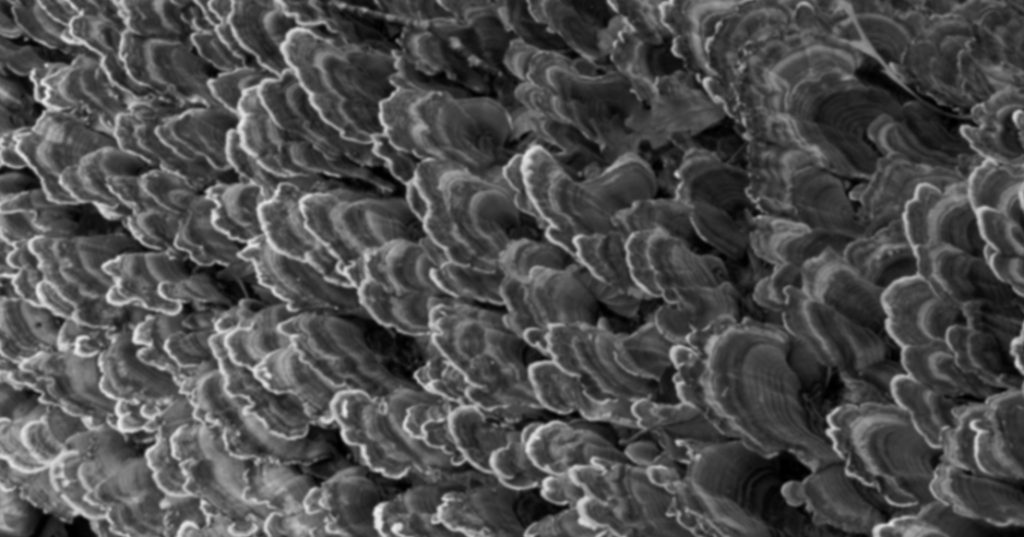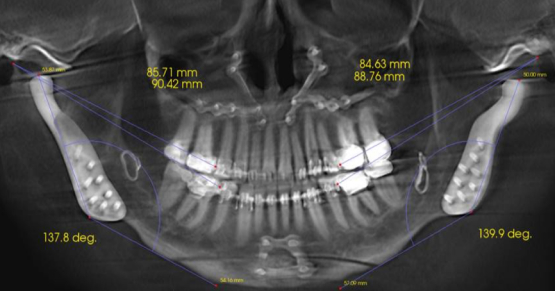Dr. Robert Winter Reports Antioxidant Updates

I prescribe oral antioxidants to many patients to address oxidative stress and inflammation in the oral cavity and help return the oral cavity to a state of homeostasis before and after restorative procedures.
For dental practices with a holistic approach to health, there are some updates related to the use of antioxidants as an extra line of defense against systemic inflammation that may be of interest to you and your patients.
Antioxidant research updates
Scientists are studying antioxidants to determine their effect on viruses such as H1N1, COVID-19, and Zika because there is mounting evidence antioxidants can play a role in interfering with viral replication and attachment.
For COVID-19, researchers are looking at the use of antioxidants as a step in stopping systemic inflammation aimed at reducing the cytokine storm caused by the production of reactive oxygen species (ROS).1,2
Dentists interested in how airway issues affect multiple aspects of a patient’s life should know that phloretin, found in the bark, fruit, and leaves of apple trees, has an anti-inflammatory effect and works by reducing cellular response and ROS in the airway.3
Phloretin is currently being studied as a more natural approach to treating conditions such as bronchial asthma and other chronic airway diseases. The effect of periodontal disease and its accompanying inflammation has been well-documented as a contributing factor in heart health.
Educate patients for oral and overall health
Just as I lecture on the importance of addressing patient oral health in a comprehensive manner, it’s becoming more important that dentists take a more holistic approach to assessing and educating patients on other steps they can take to improve their overall health.
We know inflammation plays a key role in many common diseases. In addition to dealing with oxidative stress in the oral cavity, adding antioxidants to a person’s diet has been shown to fight inflammation naturally and help protect from disease.
Chronic inflammatory diseases are becoming more severe and common and currently contribute to more than half of the deaths worldwide.4 Inflammation is associated with autoimmune diseases like rheumatoid arthritis, cardiovascular diseases like hypertension and heart disease, lung and airway diseases like asthma, metabolic diseases such as type 2 diabetes, mental illnesses like depression, and some forms of cancer such as colon cancer.
In my practice, if indicated, we provide patients with additional information on incorporating antioxidants and/or natural anti-inflammatory items into their diet to help reduce inflammation systemically. Doing this may be an area of your practice where dental hygienists or assistants can take a more active role and act as a resource for information on inflammation and its effect on overall health.

Anti-inflammatory foods to recommend
Incorporating just a few of the following foods can help the body deal with inflammation caused by stress or disease. Unfortunately, not every food (or antioxidant) works for every person, but encouraging your patients to include them in their diet could provide them with an extra line of defense.
According to the American Heart Association, the following foods are high in antioxidants or have a high degree of anti-inflammatory effect.
- Fatty fishes high in omega-3 fatty acids are well known for reducing inflammation. They include fish such as salmon, tuna, sardines, and mackerel. Some of these can be high in mercury, so eating them more than three times per week is generally not recommended.
- Dark leafy greens. Generally, the darker or more colorful the vegetable, the higher the antioxidative effect. Remember, patients on certain anticoagulants and those with a specific type of kidney stone disease need to limit their intake of some dark leafy greens.
- Tea is well known for containing many types of antioxidants. Green tea has been shown to have a higher level of antioxidants, but they are present in black and white teas also.
- Whole grains. One current diet fad is to go “gluten-free.” Unless you have celiac disease or a medically confirmed gluten intolerance, whole grains are an important source of protein and fiber in addition to their anti-inflammatory effect on the body. Examples of healthy whole grains include whole wheat bread, oatmeal, barley, brown rice, and popcorn (with minimal salt and butter).
- Nuts are full of antioxidants and reduce inflammation. In addition, they are high in fiber, which makes you feel full.
- Ginger. In addition to its anti-inflammatory effect, ginger helps to settle an upset stomach, reduce the effects of motion sickness, and reduces muscle soreness.
- One of my personal favorites is dark chocolate.
As research in this area continues, there may be additional ways dentists can help reduce oral and systemic inflammation and improve the overall health of our patients.
References
- Furman D. Campisi J, Verdin E, Carrera-Bastos P, Targ S, Franceschi C, et al. Chronic inflammation in the etiology of disease across the life span. Nature Medicine. 2021 25(12):1822-1832.
- Darenskaya M, Kolesnikova L, Kolesnikov S. The Association of Respiratory Viruses with Oxidative Stress and Antioxidants. Implications for the COVID-19 Pandemic. Current Pharmaceutical Design. 2021 Apr 1; 27(13):1618-27.
- Huang W, Fang L, Liou C. (2017). Phloretin attenuates allergic airway inflammation and oxidative stress in asthmatic mice. Frontiers in Immunology. 2017. 8(134).
- Muhammad Y, Kani YA, Iliya S, Muhammad JB, Binji A, El-Fulaty A, et al. (2021). Deficiency of antioxidants and increased oxidative stress in COVID-19 patients: A cross-sectional comparative study in Jigawa, Northwestern Nigeria. SAGE Open Med. 2021 Feb 1; 9:2050312121991246.
SPEAR ONLINE
Team Training to Empower Every Role
Spear Online encourages team alignment with role-specific CE video lessons and other resources that enable office managers, assistants and everyone in your practice to understand how they contribute to better patient care.

By: Robert Winter
Date: January 7, 2022
Featured Digest articles
Insights and advice from Spear Faculty and industry experts


